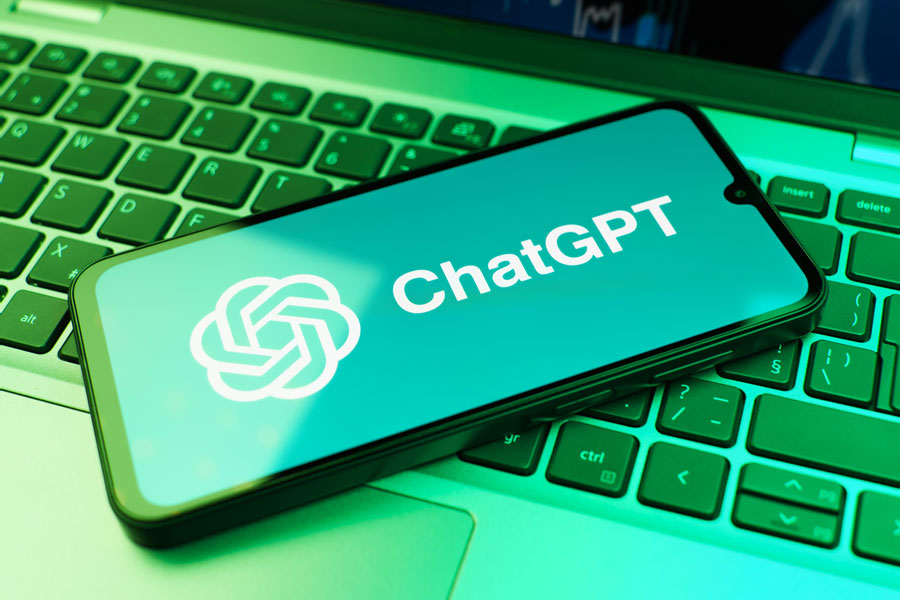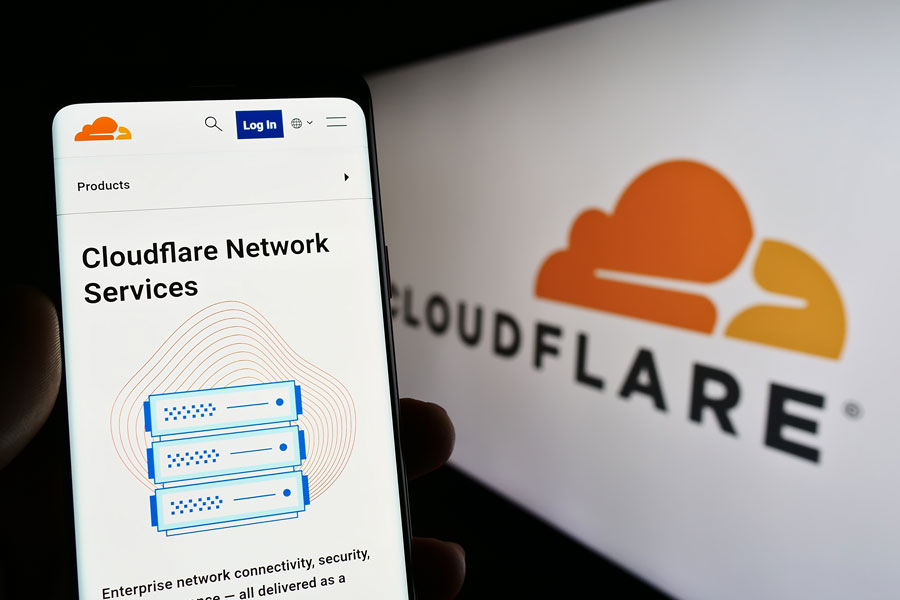
WEST PALM BEACH, FL – For more than two decades, Google has been the dominant force in how we search for and discover information online. “Just Google it” became a cultural norm – a default action for anyone with a question. But in 2024 and now into 2025, a quiet revolution has been underway. Increasingly, people are bypassing Google in favor of a new kind of digital tool: conversational artificial intelligence.
AI-powered platforms like ChatGPT and others are reshaping the way we access knowledge. They don’t just point you to websites – they give you answers. And for a growing number of users, that difference is game-changing.
Google’s Waning Influence in Daily Use
While Google still maintains a dominant share of the search engine market (estimated at around 90%), its influence as the default knowledge engine is starting to wane – particularly among younger, tech-savvy users and professionals.
Instead of sifting through 10 links, skimming blog posts or deciphering keyword-stuffed articles, users can ask an AI chat-bot like ChatGPT and receive a direct, well-structured, and sometimes interactive answer. Whether it’s writing a cover letter, planning a trip, solving a coding issue, or breaking down complex topics – AI tools are becoming the first stop, not the fallback.
Even casual searches – like “best time to visit Italy,” “how to write a business plan,” or “symptoms of vitamin D deficiency” – are increasingly answered through AI tools that deliver fast, high-quality responses without the need to click away.
From Search Engine to Knowledge Engine
Google’s model is based on indexing the world’s web content and returning a ranked list of results. But AI is shifting that paradigm toward a “knowledge engine” model, where information is synthesized and delivered in conversation.
ChatGPT, for instance, doesn’t just tell you where to find the answer – it becomes the answer, distilling countless sources into a coherent, human-readable reply. Tools like Perplexity AI even cite sources in real time, combining the strengths of search with the efficiency of AI.
The result? For many use cases – especially those that are information-heavy and action-oriented – Google just isn’t as efficient anymore. And that is very big observation and statement to make.
User Behavior Is Changing Fast
- A recent report from Statista shows that over 20% of Gen Z users prefer TikTok or ChatGPT over Google for basic search queries.
- Professionals are using tools like ChatGPT to assist with research, productivity, writing, ideation, and even coding, significantly reducing their reliance on traditional search.
- Search marketers and SEO professionals now monitor AI visibility in addition to Google rankings – a sign of just how much the game is changing.
The Quality Problem in Google Search
Part of the shift is also due to growing dissatisfaction with traditional search results. Many users report that Google has become overrun with ads, outdated content, affiliate-heavy websites, and pages optimized more for algorithms than for humans.
Even Google seems to recognize this problem. Its core updates – including the March 2024 and March 2025 updates – have aimed to weed out low-quality content and elevate helpful, people-first results. But those changes haven’t come without collateral damage, and many argue they haven’t gone far enough to clean up the ecosystem.
Even Google Is Morphing
To its credit, Google isn’t sitting still. The company has begun rolling out Search Generative Experience (SGE) and AI Mode, designed to integrate AI summaries directly into search results.
But reactions have been mixed. Some users appreciate the effort, while others feel it’s still clunky, slow, or overly cautious compared to competitors. And it raises an important question: If Google becomes just another AI answer engine, what’s the point of staying loyal to Google at all? I personally don’t appreciate these attempts to shift the product. If I wanted an AI answer, I would use an AI Tool.
Technical and Strategic Shifts
As the internet evolves, we may be entering a new era of AIO — AI Optimization. Just as entire industries were built around SEO (Search Engine Optimization), brands and publishers will need to rethink their visibility in the age of conversational AI.
At the same time, new metrics like Interaction to Next Paint (INP) – now a Core Web Vital – show that performance and user experience are becoming just as important as content itself in determining how information is accessed, ranked, or returned by AI systems and search engines alike.
The Future of Search Is Being Rewritten
It’s still early days, but it’s becoming clear that AI is not just a tool – it’s a shift in how we interact with the internet. Traditional search engines may not disappear anytime soon, but their role is changing. They’re no longer the one-and-only source of truth. They’re competing with systems that can deliver context-aware, personalized, real-time answers – often without the noise of ads, SEO tricks, or redundant content.
For users, that means more convenience, faster decisions, and less friction.
For Google, it means something else entirely: competition it can’t index.








